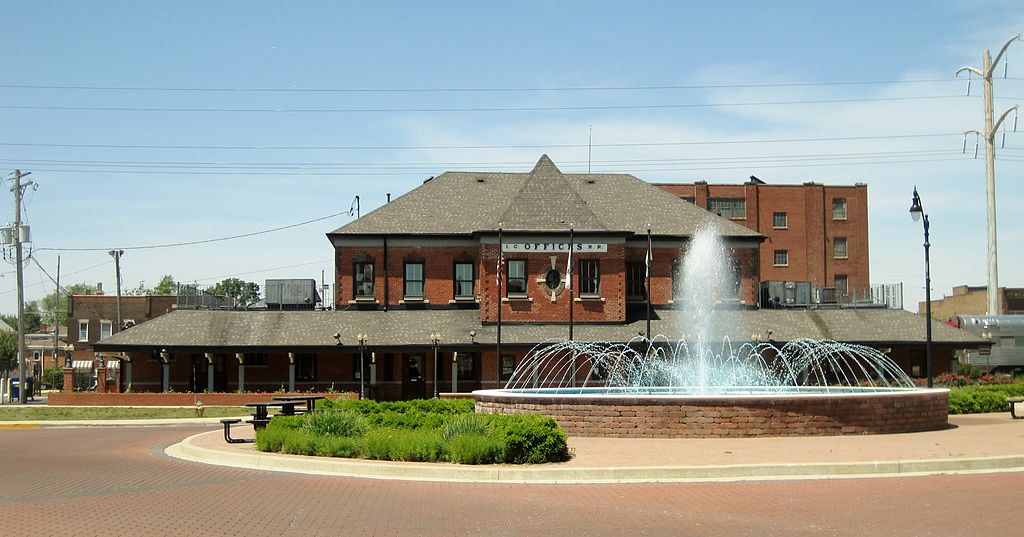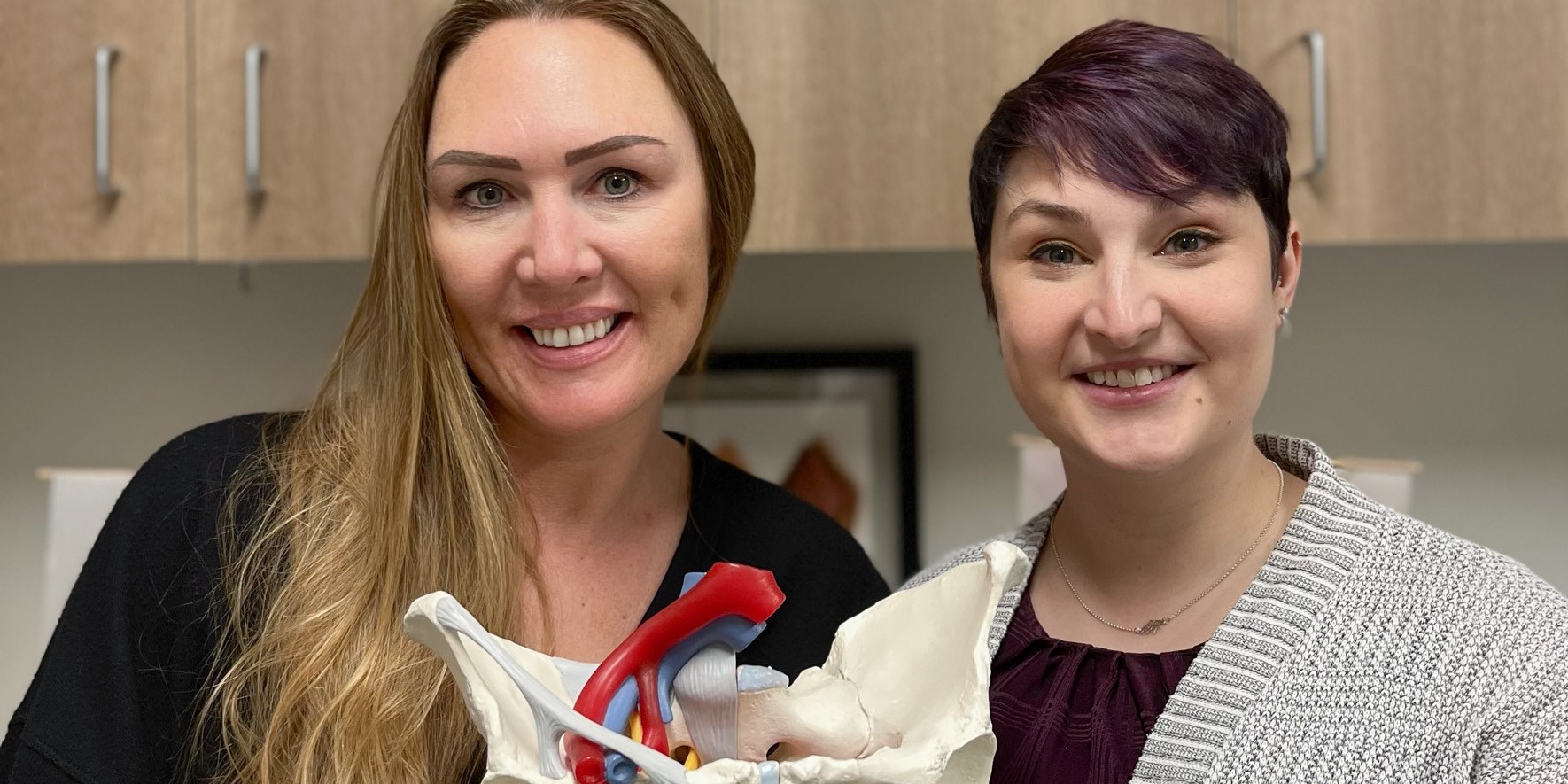Pee Problems in Pre-Teens and Teens

This is the second installment in our 3 part pediatric blog series written by Amanda Moe DPT, PRPC treats women, men, and children with disorders of the pelvis and pelvic girdleAmanda enjoys assistant teaching with the Herman & Wallace Pelvic Rehabilitation Institute in her free time as well as working out, practicing yoga, and spending time with her family. You can find Amanda online at www.pelvicphysicaltherapyandmore.com and on Instagram @amandampelvicpt.
Just as Mora from @PracticallyPerfectPT mentioned in the previous blog post, Big Issues for Tiny Humans, pelvic health specialists treat pelvic floor and pelvic girdles for all humans of all ages. This blog post aims to introduce why pre-teens and teenagers could need pelvic floor therapy for pee problems!
Pelvic girdle-related dysfunction in young children often manifests as bowel or bladder complaints such as constipation, poo leakage (fecal incontinence or encopresis), and day or nighttime pee leakage (incontinence or nocturnal enuresis). Young children can be potty-trained with NO pee or poo complaints for several years then suddenly develop these very same symptoms in the pre-teen or teenage years! Occasionally there is a cause for the change in pee or poo symptoms such as trauma, the birth of a sibling, moving to a new city, divorce, or other changes in family situation. However, oftentimes there isn’t a signifying event attributed to the onset of these symptoms—which is where assessment and treatment from a skilled Pelvic Physical Therapist (or Occupational Therapist) may be beneficial!
Pediatric Pelvic Physical/Occupational Therapy
Pelvic Physical and Occupational Therapy in pre-teens and teenagers focuses on a whole-body assessment and treatment. Specifically, the Pediatric Pelvic Therapists will look at pelvic girdle influences on bowel and bladder complaints such as:
- Pelvic muscle tension
- Pelvic muscle strength
- Pelvic muscle coordination
- Abdomino-pelvic pressure management
- Load transfer
- Breathing
- Pelvic girdle strength
- Core coordination and strength
- Bladder and bowel habits
- Food and fluid contributors
Common Urinary Complaints in Pre-Teens and Teenagers
Potty-training regression can occur and is commonly seen in Pediatric Pelvic Therapy. Below is a list of other pee problems commonly seen in pre-teens and teenagers (often addressed in Pelvic Therapy).
- Strong urge to pee (urinary urgency)
- Frequent peeing
- Chronic UTI’s
- Urinary stream changes
- Nighttime bedwetting (nocturnal enuresis)
- Daytime leakage (urinary incontinence)
- Leakage with activity or sport (stress urinary incontinence or SUI)
Urinary leakage during sport or physical activity (SUI) can commonly arise in the pre-teen and teenage years. A recent systematic review determined that SUI occurs in 18-80% or an average of 48.58% of adolescent female athletes (7). While stress incontinence is common in women after childbirth, it doesn’t have to be considered “normal” for women OR children. This is where Pediatric Pelvic Therapy comes into play to determine the factors (such as those listed above) that are impacting a child's leakage during sport or activity!
The Lower Urinary Tract (LUT) symptoms listed above and specifically daytime pee leakage are prevalent in 10–17% of children (2, 4, 8). Gastrointestinal (GI) dysfunction such as constipation is commonly associated with these LUT dysfunctions in pre-teens and teenagers. Research has shown constipation in 22-37.5% of children with LUTS (3, 5) with an additional study reporting that greater than 50% of children with LUT symptoms had some type of functional defecation disorder (1). This is why Pediatric Pelvic Therapists often address the GI system when pre-teens and teenagers present with pee problems!
To learn more about the GI systems in adolescents and how these symptoms influence pee problems in Pediatric Pelvic Therapy, check out Dawn Scandalcidi's interview on Friday! Herman & Wallace also offers two pediatric courses featuring assessment and treatment of urinary and bowel functioning:
- Pediatric Incontinence and Pelvic Floor Dysfunction Remote Course - August 27-28th
- Pediatric Functional Gastrointestinal Disorders Remote Course - May 14-15th and November 12-13th
Resources
- Burgers R, de Jong TP, Visser M, Di Lorenzo C, Dijkgraaf MG, Benninga MA. Functional defecation disorders in children with lower urinary tract symptoms. J Urol. 2013 May;189(5):1886-91. doi: 10.1016/j.juro.2012.10.064. Epub 2012 Oct 30. PMID: 23123369.
- Kajiwara M, Inoue K, Usui A, Kurihara M, Usui T. The micturition habits and prevalence of daytime urinary incontinence in Japanese primary school children. J Urol. 2004; 171(1):403–7. [PubMed: 14665943]
- Loening-Baucke V. Prevalence rates for constipation and faecal and urinary incontinence. Arch Dis Child. 2007; 92(6):486–9. [PubMed: 16857698]
- Malykhina AP, Brodie KE, Wilcox DT. Genitourinary and gastrointestinal co-morbidities in children: The role of neural circuits in regulation of visceral function. J Pediatr Urol. 2017;13(2):177-182. doi:10.1016/j.jpurol.2016.04.036
- Muhammad S, Nawaz G, Jamil I, Ur Rehman A, Hussain I, Akhter S. Constipation in Pediatric Patients with Lower Urinary Tract Symptoms. J Coll Physicians Surg Pak. 2015 Nov;25(11):815-8. PMID: 26577968.
- Neveus T, von Gontard A, Hoebeke P, Hjalmas K, Bauer S, Bower W, et al. The standardization of terminology of lower urinary tract function in children and adolescents: report from the Standardisation Committee of the International Children's Continence Society. J Urol. 2006; 176(1): 314–24. [PubMed: 16753432]
- Rebullido TR, Gómez-Tomás C, Faigenbaum AD, Chulvi-Medrano I. The Prevalence of Urinary Incontinence among Adolescent Female Athletes: A Systematic Review. Journal of Functional Morphology and Kinesiology. 2021; 6(1):12. https://doi.org/10.3390/jfmk6010012
- Sureshkumar P, Jones M, Cumming R, Craig J. A population based study of 2,856 school-age children with urinary incontinence. J Urol. 2009; 181(2):808–15. discussion 815–806. [PubMed: 19110268]
By accepting you will be accessing a service provided by a third-party external to https://hermanwallace.com/






































